Ever wondered if your introverted tendencies hide something more? Let’s explore if you’re a socially awkward introvert with these 10 signs!
Imagine you’re at an office party, and you more or else know everyone there. You have a drink in your hand and the music feels nice. However, you feel nervous, your heart rate is steadily going up and all you want to do is escape. What does this mean? Are you a socially awkward introvert? Or just someone who has social anxiety?
What in the world of introvert social anxiety is this, you must be thinking?
Introvert and social anxiety are two distinct traits, but they can often overlap and be confused with one another. While introversion refers to a preference for solitude or smaller social gatherings, social anxiety is a condition that causes intense fear or discomfort in social situations.
Let’s find out more about what is the difference between social anxiety and introvert.
Related: 20 Relatable Struggles Of People Who Hate People
Introvert Vs Social Anxiety
Introversion
Introversion is a personality trait characterized by a preference for solitary activities or smaller social interactions. As an introvert, you tend to feel drained by socializing, and you often need time alone to recharge.
You may enjoy reading, writing, or pursuing other solitary hobbies and may find large social events overwhelming or tiring. However, you do not necessarily experience significant distress or anxiety in social situations. Rather, introvert people simply prefer to limit their social interactions and prioritize their alone time.
Introverts need time alone and prefer smaller social intercations to recharge and feel energized. You enjoy socializing, but sometimes you find it draining and need time alone to replenish your energy.
Additionally, you are still able to engage in social situations and maintain relationships when necessary. But introverts need time alone, and lots of it.
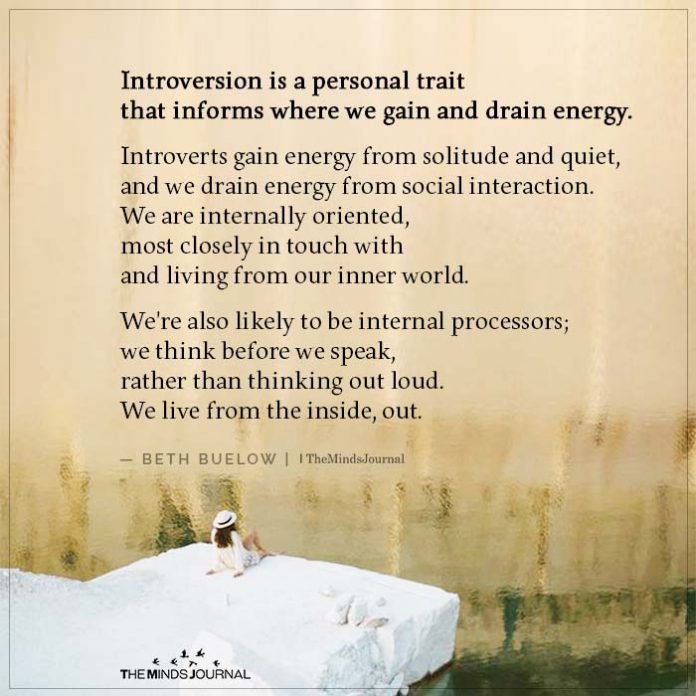
Social Anxiety
In contrast, social anxiety is a mental health condition characterized by intense fear or discomfort in social situations.
People with social anxiety may avoid social situations altogether, or they may experience significant distress, anxiety, or panic when faced with social interactions. This is probably the most important difference between social anxiety and introvert.
Social anxiety makes you worry about being judged, embarrassed, or rejected, and you may experience physical symptoms such as sweating, trembling, or a racing heart. People with social anxiety may also have difficulty making friends or maintaining relationships, and they may feel isolated or alone as a result.
The avoidance of social situations is driven by a need to escape or avoid the anxiety that comes with social interactions. You may avoid social situations or have difficulty participating in them, which can limit your opportunities for social interaction and lead to feelings of isolation or loneliness.
So, what do you feel when it comes to socializing with people? Is it introversion or social anxiety?
Related: What Is Social Chameleon Personality? 7 Key Signs to Watch Out For
Can Being Introvert And Social Anxiety Exist Together?
It’s also important to note that introversion and social anxiety can coexist. While they are separate personality traits, introvert people may be more prone to developing social anxiety due to their tendency to avoid social situations.
For example, if an introvert has had negative experiences in social situations or has been criticized for their behavior in the past, they may become more anxious about socializing in the future.
Additionally, people with social anxiety may develop introverted tendencies as a way to cope with their anxiety. For example, they may limit their social interactions or seek out quieter activities as a way to avoid anxiety-provoking situations.
Even though they can coexist introvert and social anxiety can coexist, they are still distinct personality traits with different underlying motivations and impacts on functioning.
Understanding the differences between introversion and social anxiety can help you identify your own personality traits and seek appropriate support if needed.
10 Possible Signs You Are A Socially Awkward Introvert
1. You dread social events.
While it’s normal to feel a bit nervous or apprehensive before a social event, however, if the thought of attending a social event fills you with dread or panic, it could be a sign of social anxiety.
You may worry about being judged, embarrassing yourself, or not knowing what to say. You may even make excuses to avoid social events altogether. And no matter how hard you try to break out of this fear, it somehow cripples you every time you think of doing the opposite.
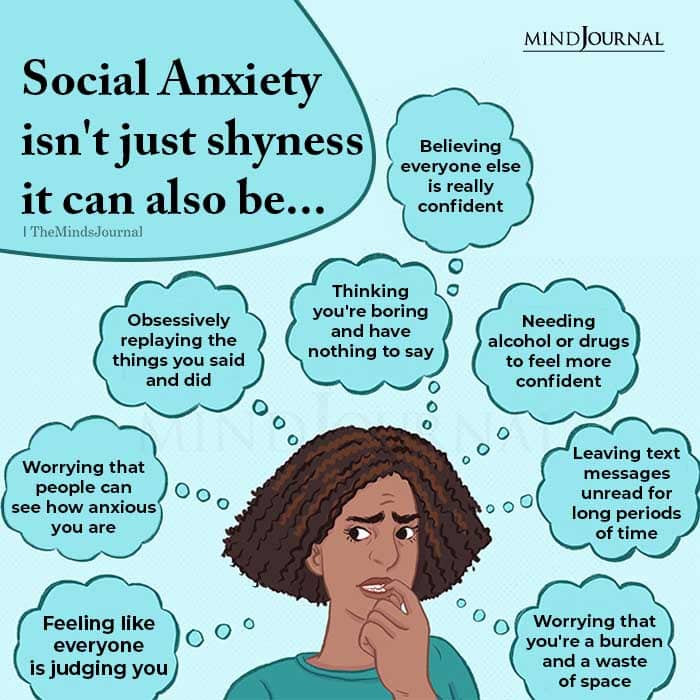
2. You worry about being judged.
If you’re constantly worried about what others think of you, it could be a sign that you are a socially awkward introvert. You may worry that people will think you’re boring, stupid, or awkward. You may also feel like you’re being scrutinized or judged, even when you’re not.
People with introvert personality type feel shy in social events as it is, on top of that if you feel apprehensive and anxious about what others may think of you, it’s a pretty major sign of social anxiety.
Related: What Is Anticipatory Anxiety And How To Stop Worrying About The Future
3. You rely on alcohol or drugs.
If you find that you need alcohol or drugs to feel comfortable in social situations, then maybe there’s more to it than just introversion. While alcohol and drugs can help reduce anxiety temporarily, they can also lead to dependence and make your social anxiety worse over time.
Relying on alcohol or drugs every time you want to let go of your anxiety and inhibitions does more harm than good in the long run. Apart from addiction, it can cause your self-confidence to plummet and before you know it, you will have to get hammered every time you want to have a normal conversation with another person.
4. You tend to avoid social situations and ignore other people.
Avoidance is a common behavior exhibited by individuals who struggle with social anxiety. You may convince yourself that you are a “loner” and do not need human connection to feel happy, but deep down, you do crave it.
You often avoid social situations that involve unfamiliar people or places, large groups, or making small talk with strangers. By minimizing social interaction, you try to alleviate your anxiety and awkwardness.
However, It’s important to understand that avoidant behavior can be problematic because it reinforces the idea that social situations are “dangerous” or “scary,” making it even more difficult for you to engage in social activities in the future.
This can lead to a vicious cycle of avoidance and increased anxiety, resulting in a decline in your social skills, interpersonal relationships, and overall quality of life.
5. You struggle to make friends.
Making friends can be challenging for anyone, but if you are a socially awkward introvert, it can feel almost impossible. You may find it hard to approach people, start conversations, or maintain friendships.
You may also worry that people don’t like you or that you’re not good enough to be their friend. This constant feeling of inferiority starts to control you after a point, making it harder for you to make new friends, or even sustain already existing friendships.
Having solid, reliable friendships is important for happiness and a better quality of life. If you are someone who struggles with this, then maybe you need to think about how you can break free from this anxiety and work towards fostering good friendships.
Related: 40+ Hilarious Animal Memes That Every Introvert Will Relate To
6. You experience a range of physical symptoms whenever you have to socialize.
Social anxiety can cause a range of physical symptoms, including a flushed face, excessive sweating, sweaty palms, an increased heart rate, feeling nauseous or having an upset stomach, and difficulty breathing.
These symptoms can be particularly challenging when faced with social situations which leads to you avoiding social situations, in order to feel better, both physically and emotionally.
Even though some of these symptoms are a normal part of your body’s natural stress response, sometimes these can feel exaggerated and prolonged, leading to significant distress. Techniques such as deep breathing exercises, progressive muscle relaxation, mindfulness, and aerobic exercises can help you work on this and feel better in the long run.
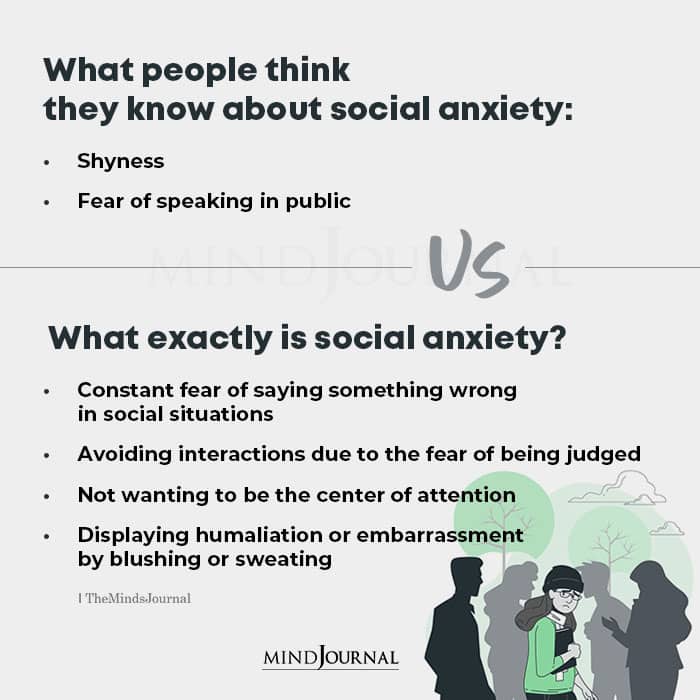
7. You feel like you don’t belong.
If you are a socially awkward introvert, you may feel like you don’t fit in with others. You may feel like everyone else is more confident, outgoing, or interesting than you. You may also feel like you’re an outsider, even when you’re with people you know well.
Your anxiety constantly tells you that you are not wanted, needed, or loved by the people you’re surrounded with. It will try to convince you that nobody wants you here and that you’re better off being alone.
This feeling of isolation takes a toll on you after some time and hampers your self-worth and confidence. This constant feeling of not belonging makes you sad and unwanted, and may even lead to feelings of depression.
8. You feel anxious about social events, whereas introverts feel drained after a point.
While people with an introvert personality type prefer solitude and may find socializing draining, people with social anxiety experience fear and anxiety in social situations.
If you feel anxious before a social event, it could be a sign of social anxiety. Those with social anxiety may struggle to speak up, not because they don’t want to, but because they fear negative judgment from others.
In contrast, introvert people may appear quiet or reserved, but they can still socialize comfortably as long as it’s on their own terms. They might need occasional breaks from socializing, but they can still feel happy and comfortable in social situations.
If you are a socially anxious person, then chances are you will find it very difficult to even initiate a conversation or interact with other people, let alone hold a conversation for a long time.
Related: What Happens When Introverts Don’t Get Alone Time? 11 Signs They Need To Recharge
9. You overthink social situations.
If you find yourself obsessing over past social interactions or worrying about future ones, it could be a sign of social anxiety. You may replay conversations in your head, looking for signs that you said something wrong or embarrassed yourself.
You may also spend hours preparing for social situations, rehearsing what you’re going to say or wear. You even come up with many excuses to get out of it, and if you can, then you feel happy momentarily before you realize that you have yet again let your social anxiety win.
As a socially awkward introvert, it’s difficult to always smoothly socialize with others, but at the same time, this affects you too. You try so hard to beat this, but it always gets you.
10. You feel awkward and intimidated to make eye contact.
Avoiding eye contact is a major sign that shows a range of emotions and attitudes, such as shyness, fear, embarrassment, lack of interest, or disrespect. You feel uncomfortable making eye contact because you are scared of people negatively judging you or rejecting you in social situations.
For instance, if you have social anxiety, you may worry that looking someone in the eye will make them judge you negatively, think you’re weird, or see your vulnerabilities. As a result, you may try to minimize eye contact, look away, or look down, as a way to reduce your anxiety and avoid potential scrutiny.
Moreover, avoiding eye contact can also reinforce your social anxiety, as it deprives you of the opportunity to practice your social skills, and build trust and rapport with others. By avoiding eye contact, you tend to also miss out on the positive aspects of social interaction, such as shared laughter, emotional support, or intimacy.
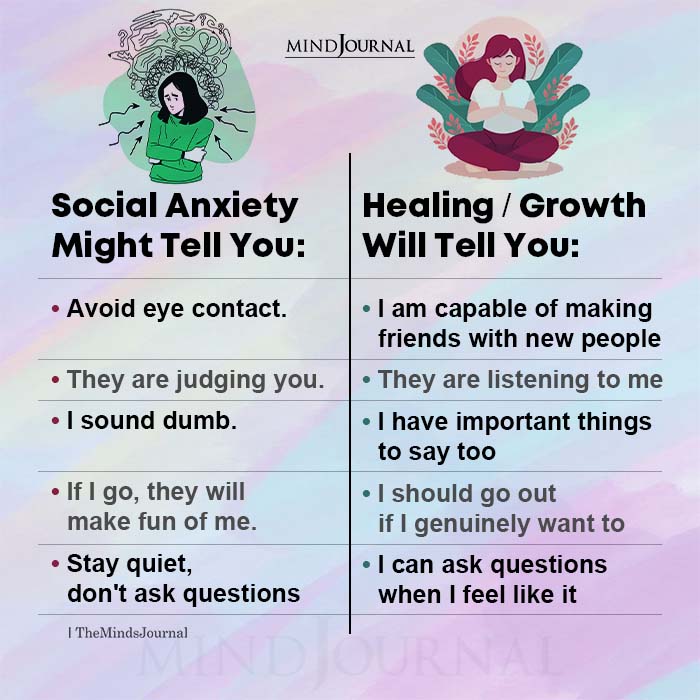
How to Make Friends As A Socially Awkward Introvert?
If you suspect that your introversion is actually social anxiety in disguise, it’s important to pay attention to the signs and how you really feel in social situations. If you do feel that you have social anxiety, then you can seek professional help to work on this.
There are various therapy techniques that can help you manage your anxiety and build your confidence in social situations. By identifying the root causes of your anxiety and learning effective coping strategies, you can start to break free from the cycle of avoidance and fear and enjoy more fulfilling and happy social interactions.
Related: 5 Reasons Why Introverts Love Their Bedroom So Much
However, it’s also important to remember that introversion is a natural personality trait that is not inherently good or bad. People with an introvert personality type – have unique strengths and preferences that can contribute to their personal and professional success.
By embracing your introversion and learning how to manage your social anxiety, you can cultivate a healthy balance of solitude and social connection that works for you.
Were you able to relate to any of these signs? Is it introversion or social anxiety you feel when you are out socializing? Do you think you are a socially awkward introvert? Let us know your thoughts in the comments down below!
Want to know more about introvert vs social anxiety? Check this video out below!



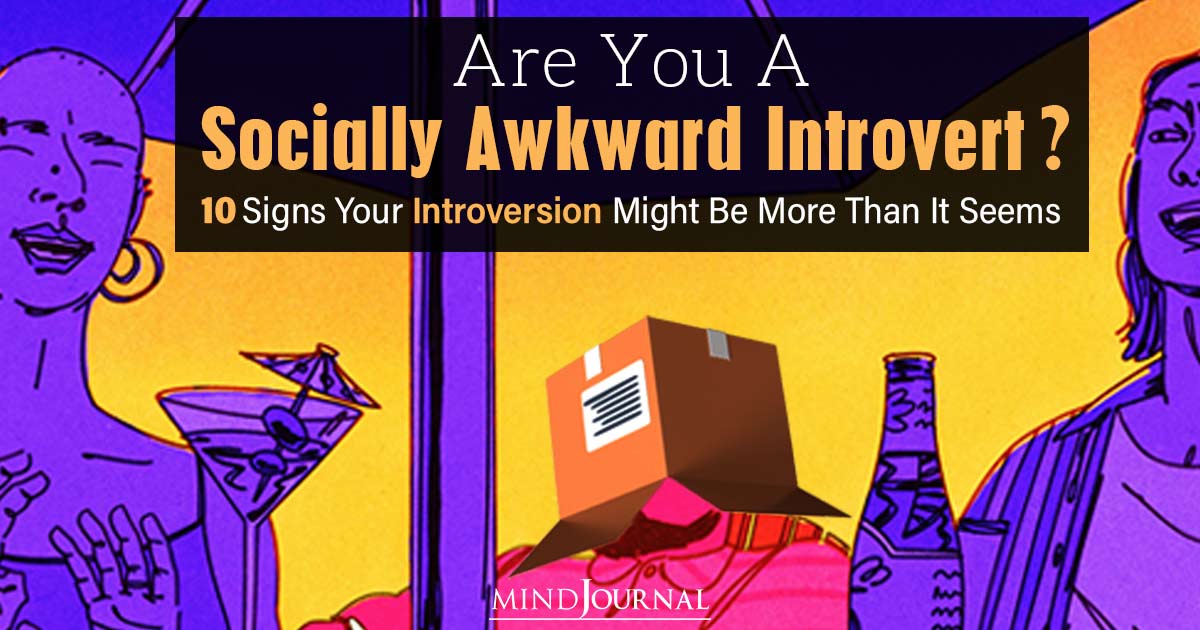

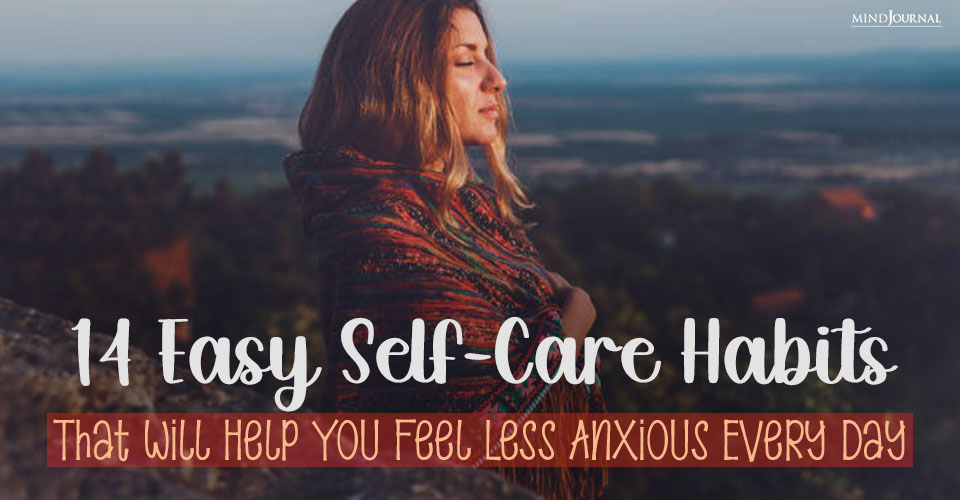
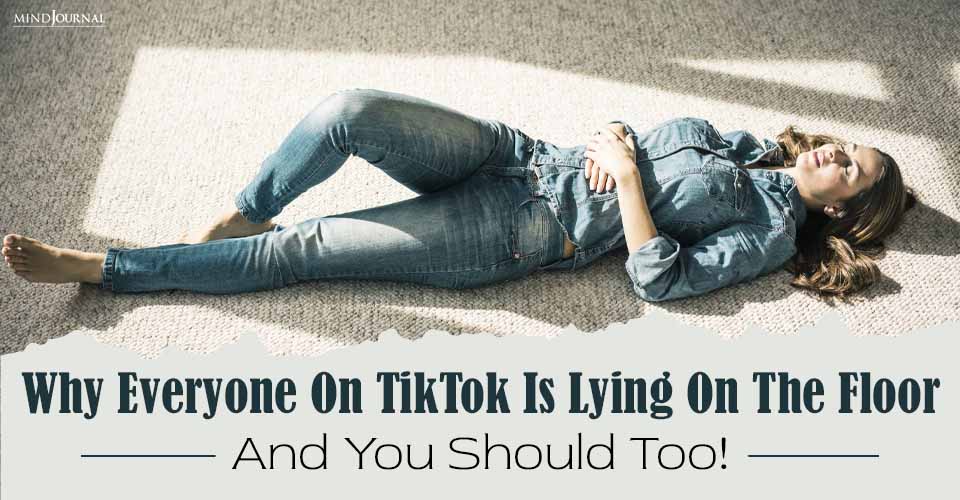
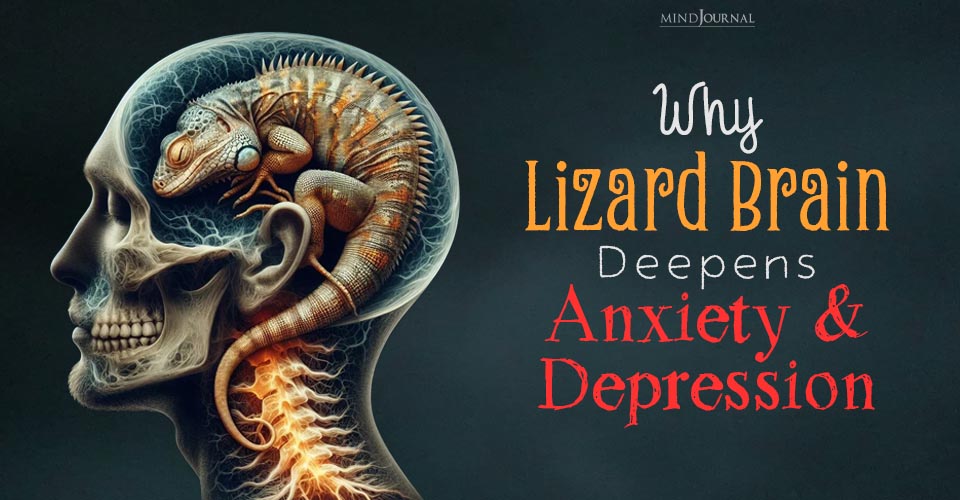



Leave a Reply